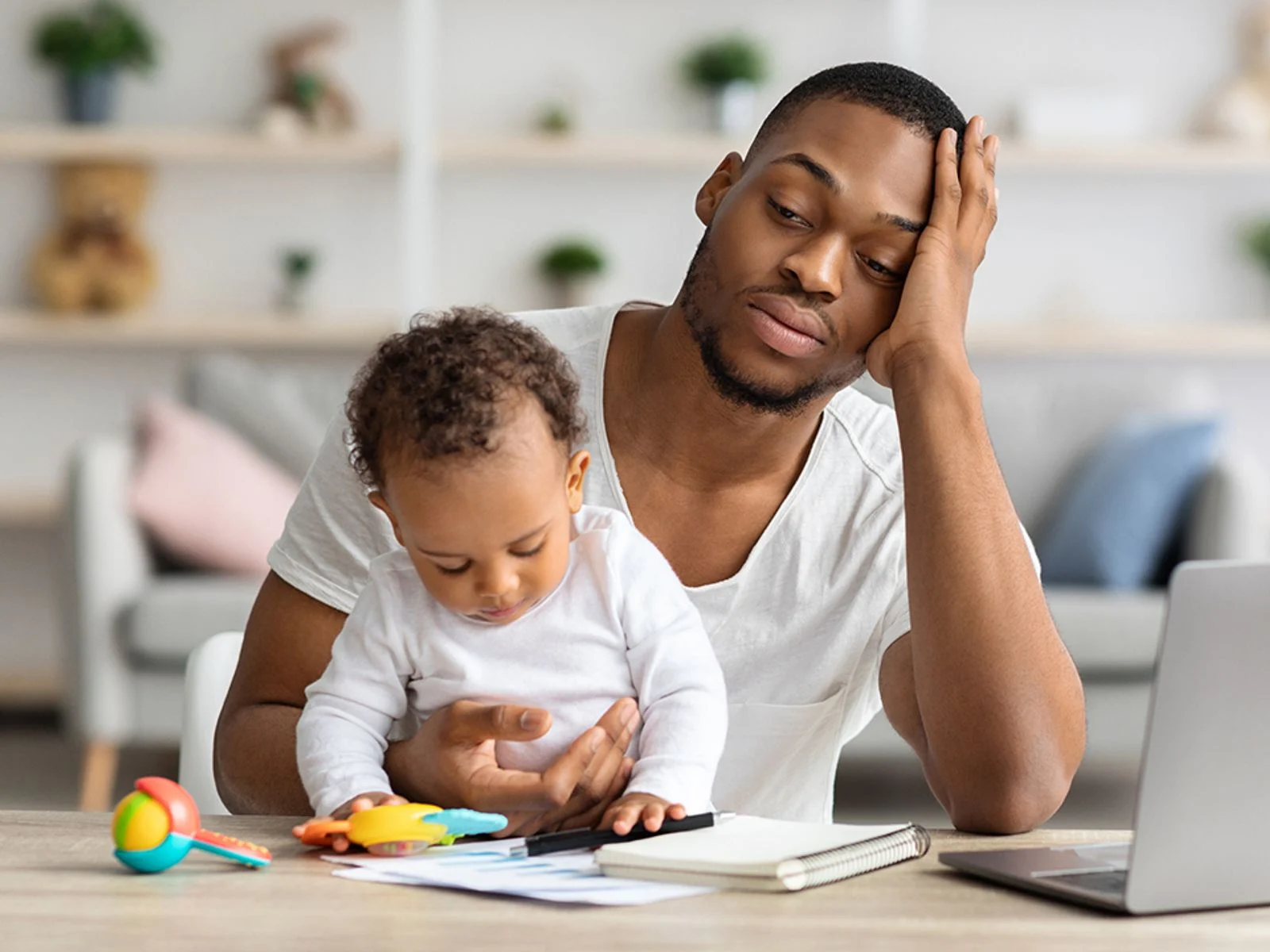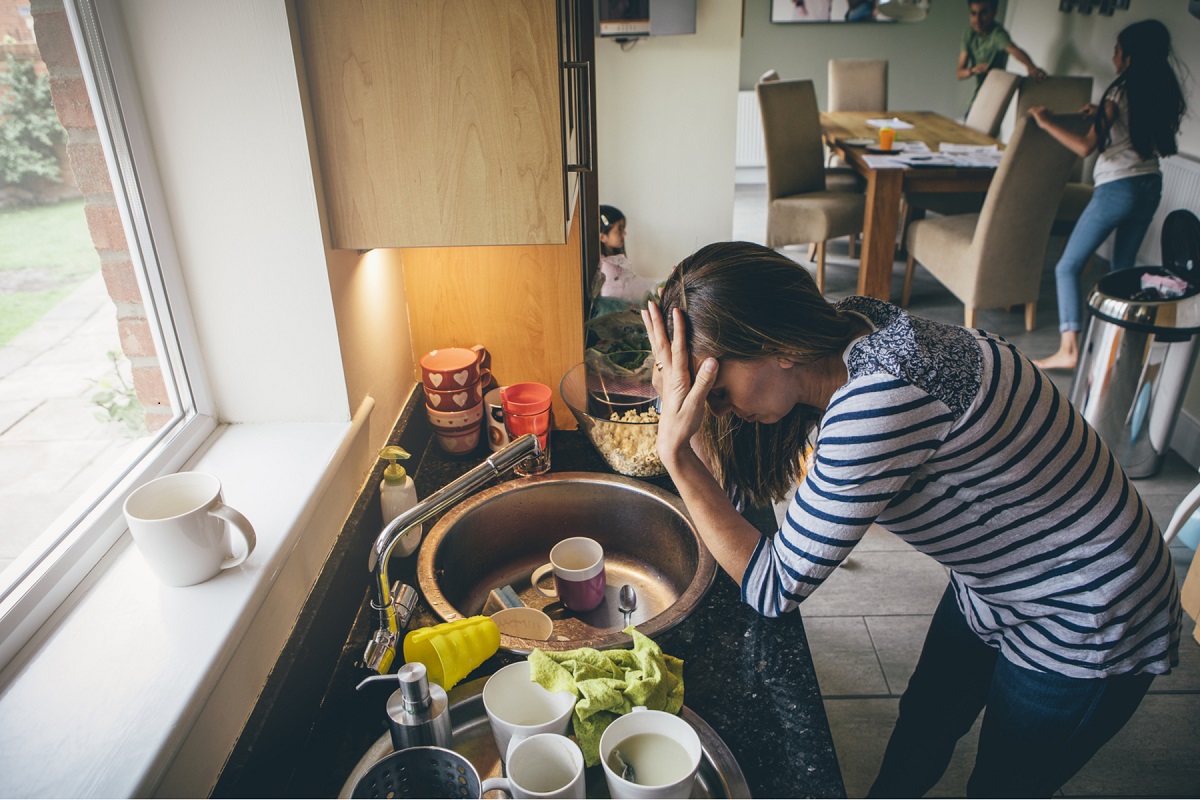In a society that often glorifies the flawless, picture-perfect portrayals of family life, many American parents are silently grappling with a pervasive issue—parental burnout. This growing problem threatens not only the mental wellness of parents but also has profound implications for the emotional and behavioral health of their children.
Recent studies, including a significant 2023 survey by Pew Research Center, reveal a startling truth: approximately one in three parents in the U.S. find parenting to be stressful most of the time.
This stress is magnified by the relentless culture of achievement that has been exacerbated by the ever-present eye of social media.

The High Cost of High Expectations
Kate Gawlik, an associate clinical professor at Ohio State University’s College of Nursing, shared insights with Newsweek into the pressures that modern parents face. “I have four children, and I feel like there is this culture of achievement where parents are constantly competing with each other through their kids,” Gawlik said.
This competitive environment not only fosters unrealistic expectations but also promotes a judgmental landscape where parents and their parenting styles are incessantly compared. Further research led by Gawlik and her team at Ohio State has shown a direct correlation between these high societal expectations and increased instances of parental burnout.
Alarmingly, 57 percent of the parents surveyed reported experiencing such burnout, which in turn, is linked to more severe parenting approaches and escalated mental health issues among their children.

Bernadette Melnyk, vice president for health promotion and chief wellness officer at Ohio State, emphasizes the ripple effects of parental burnout.
“When parents are burned out, they have more depression, anxiety, and stress, but their children also do behaviorally and emotionally worse,” Melnyk stated, underscoring the importance of addressing this issue for both parental and child health.
Redefining Priorities: Practical Steps to Mitigate Burnout Among Older Parents
Addressing parental burnout requires a reevaluation of priorities and resources. Gawlik suggests practical measures such as organizing carpools to reduce daily stressors associated with child transportation.
She also highlights the importance of allowing children unstructured playtime, emphasizing that a priority for her family is ensuring her kids spend time outdoors.
Moreover, Melnyk advocates for parents to model self-care behaviors. “Parents do a great job caring for their children and everybody else, but they often don’t prioritize their self-care,” she explains. Demonstrating self-care can instill similar values in children, potentially benefiting the entire family.
How parental burnout can harm children — and 8 ways to build a better bond https://t.co/exV5qwfSkz pic.twitter.com/vdyBM34EZm
— New York Post (@nypost) May 8, 2024
A Shift in Perspective: Valuing Happiness over Perfection
Perhaps the most poignant takeaway from the study comes from a participating parent’s reflection: “I would much rather have a happy kid than a perfect kid.” This sentiment strikes at the heart of the issue, challenging the prevailing norm that perfection is the ultimate goal.
As societal pressures mount, it becomes crucial for parents to realize that the façade of perfection is both unrealistic and harmful. Recognizing and confronting the epidemic of parental burnout not only alleviates individual stress but also contributes to healthier, happier family dynamics.

Looking Ahead: Collective Action Against a Public Health Epidemic
The findings from Ohio State’s research serve as a call to action. Parental burnout is not merely a personal issue—it’s a public health crisis that requires community awareness and proactive strategies.
By redefining success in parenting and fostering an environment that supports rather than judges, we can begin to mitigate the effects of this widespread issue.
In conclusion, it’s time for a cultural shift that prioritizes genuine well-being over superficial appearances. Only then can we hope to see a decline in parental burnout and a rise in the overall mental health of both parents and their children.










